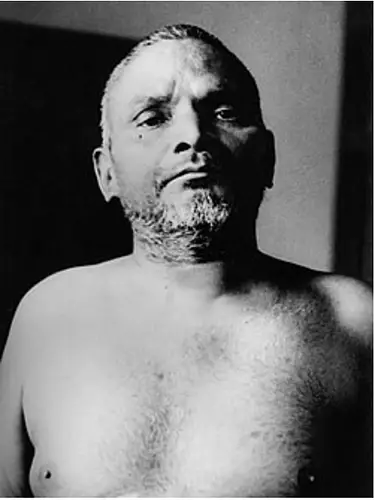Bhagawan Nityananda was an Indian saint, who lived from 1897–1961.
These are some of my favourite lines from his Chidakasha Gita :
Without the control of breath (Pranayama), a man cannot be a yogi (a perfect man).
To a good man, every man is good; everything is good. A man can be good by his own exertion.
Just as small rivers enter the sea, our attention must be fixed on the internal breath.
No one is mad in this world.
In this world, those who are indifferent to honor and dishonor, have attained the goal. Such people only, have attained peace.
The dross of the soul are desire and anger; these should be destroyed.
The six enemies of the body – anger, desire, envy, passion, avarice, delusion
If the parents entertain devotion, mischief, wrath, activity, desire, etc. at the time of union, the child born to them will imbibe the same qualities. Creation is caused by Vayu’s entrance in the womb. If the parents at the time of union have worldly or celestial inclination, the child born will have the same inclination. When the child has the latter inclination, it will soon be enlightened. The first essential is desirelessness, after birth. The destruction of the seed of birth and death comes next. When a man is subjected to repeated sorrows, he must see the “light” after the exercise of subtle discrimination.
This eternal mind is called “Chidakash” (consciousness space).A clean mind is a clean space.
Why is man called man? The true man is he who ruminates (performs Manana).
This contentment consists in doing your duty without attachment to results. This non- attachment to results of action is called Mukti. It is also called the supreme joy. Desire is hell. Desirelessness is supreme joy.
Once the well should be emptied of its water. All the mud should be removed. The water which then comes is the purest. Jnyana is like this pure water. Once you burn away the thought of “I” and “mine”, then non-attachment to the objects of the senses will result of its own accord.
Dharana is the means by which Buddhi’s power of discrimination is increased. Dharana is the path to Mukti.
A man is free from sin if he performs karmas disinterestedly.
The attention towards the visible should be lessened. The love towards the invisible should be increased. So long as the attention is directed towards the visible, pain and pleasure may appear to be dual. But when the attention is directed towards the invisible, the sense of duality will disappear.
By practice, one must conquer the six enemies of the Atman in the body; i.e., desire, anger, etc. A Sadhaka, i.e., a beginner in God realization, should not talk ill of others.
Why is man called man? Because he has “Manas” (thinking power), he is called man.
Be thou Shiva and Shiva, thou.
